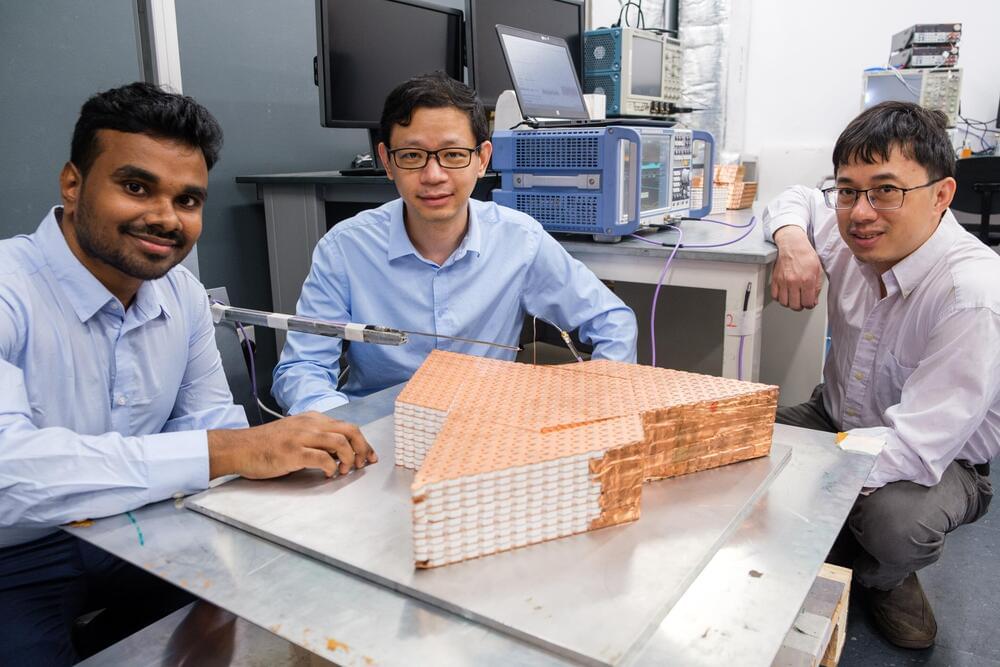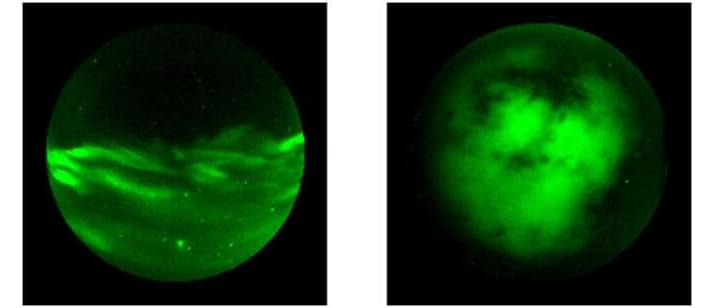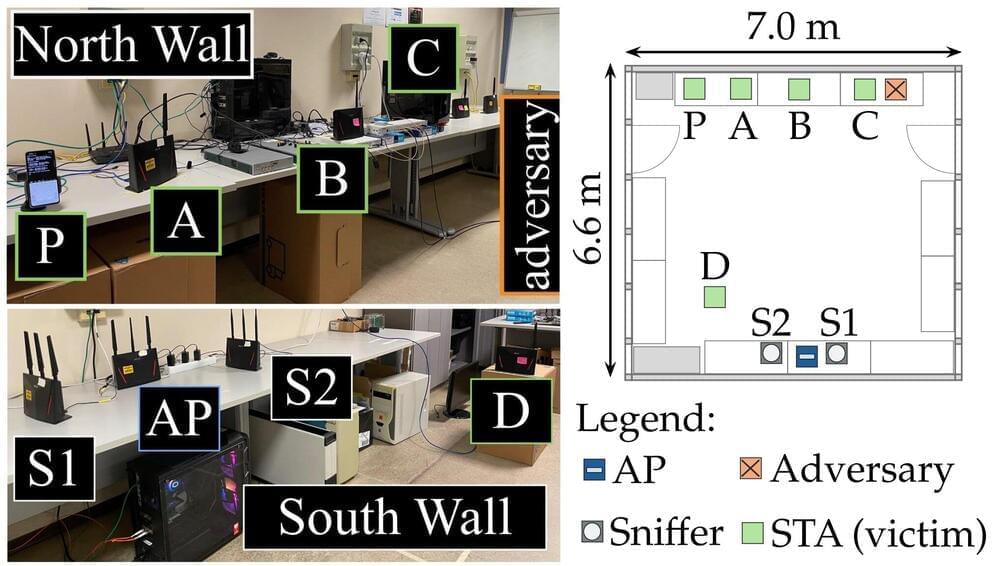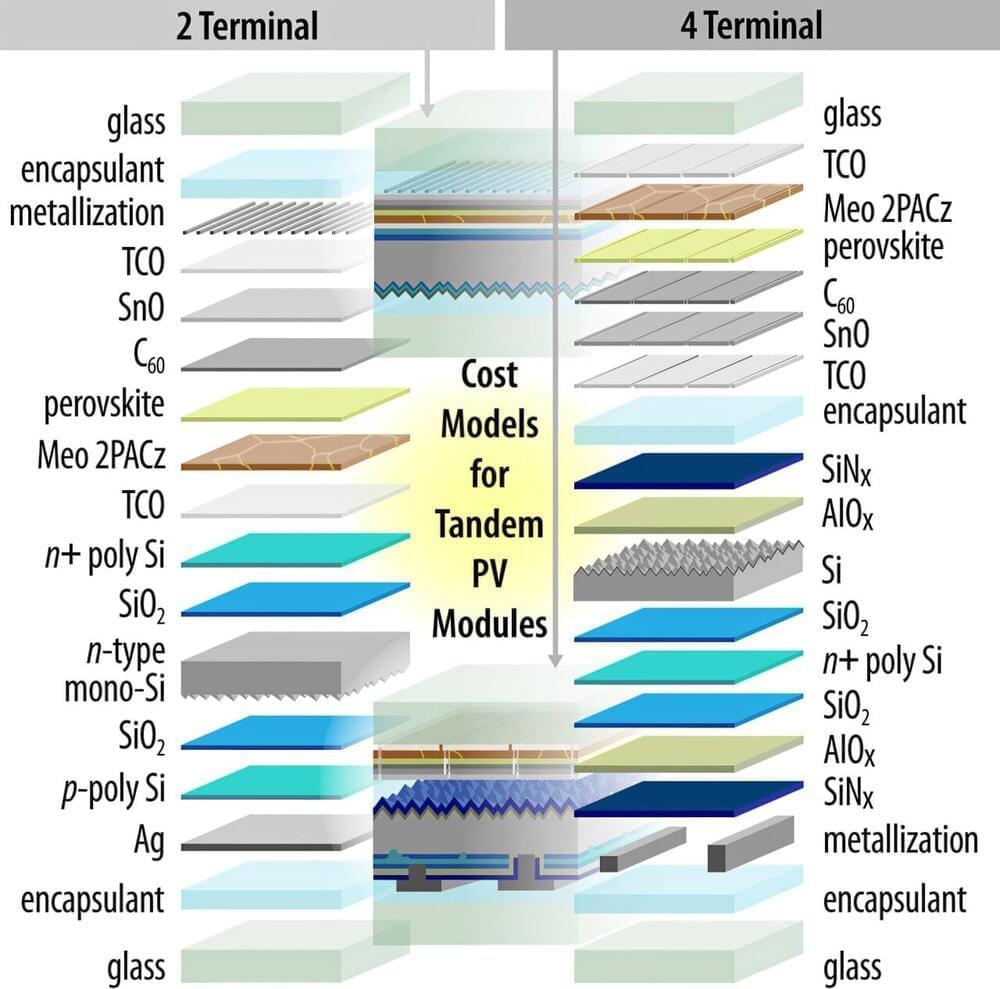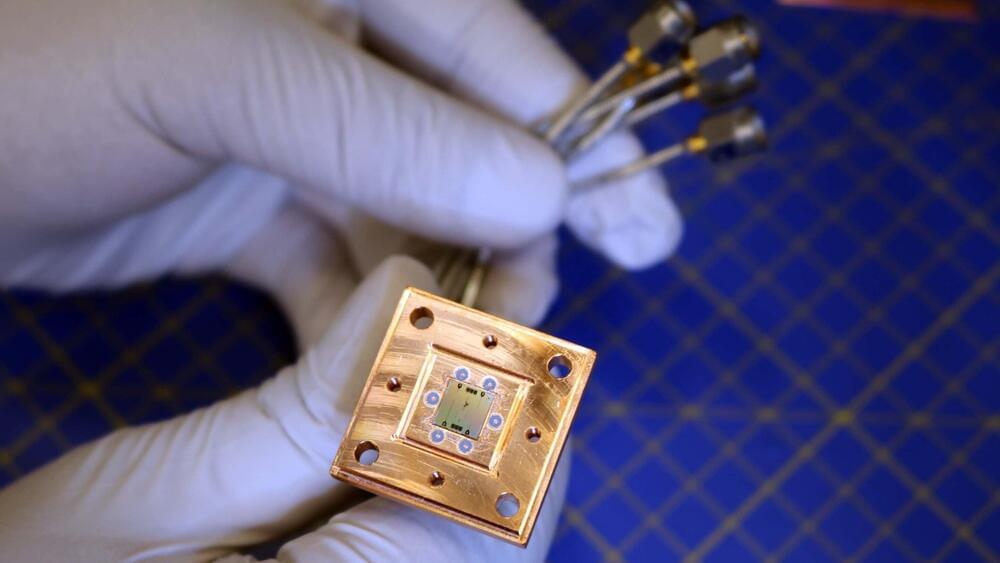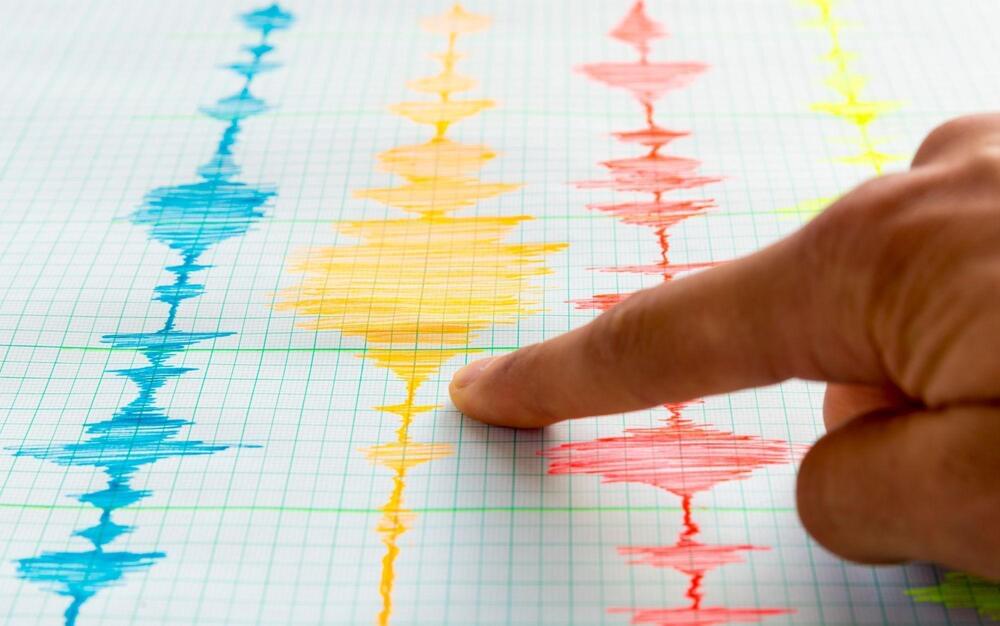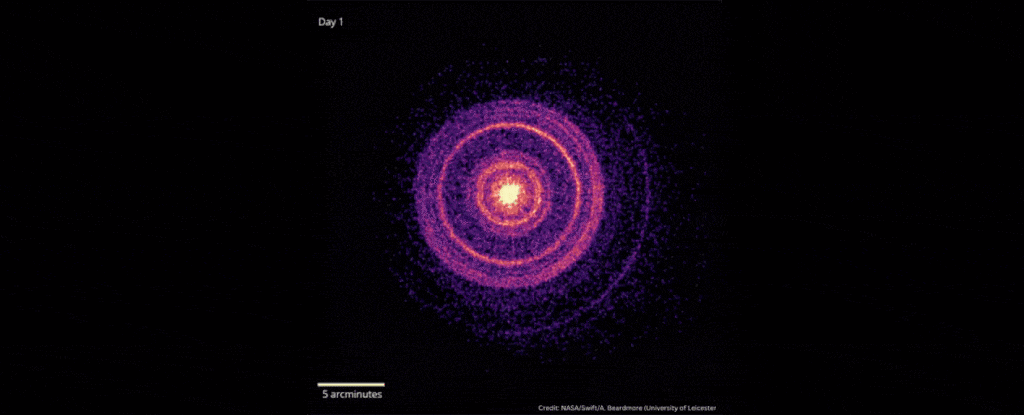Jan 10, 2025
Discovery poised to help detect dark matter and pave way to unravel the universe’s secrets
Posted by Saúl Morales Rodriguéz in categories: cosmology, innovation
Researchers led by Nanyang Technological University, Singapore (NTU Singapore) have developed a breakthrough technique that could lay the foundations for detecting the universe’s “dark matter” and bring scientists closer than before to uncovering the secrets of the cosmos.
The things we can see on Earth and in space— visible matter like rocks and stars—make up only a small portion of the universe, as scientists believe that 85% of matter in the cosmos comprises invisible dark matter. This mysterious substance is said to be the invisible glue holding galaxies together. Finding it could help us understand cosmic phenomena that cannot be explained solely by the matter we see.
But proving the existence of dark matter is a herculean task. As its name suggests, dark matter is “dark,” meaning it does not normally emit or reflect light, carries no electric charge and interacts extremely weakly with normal matter, making it undetectable with conventional scientific instruments.
